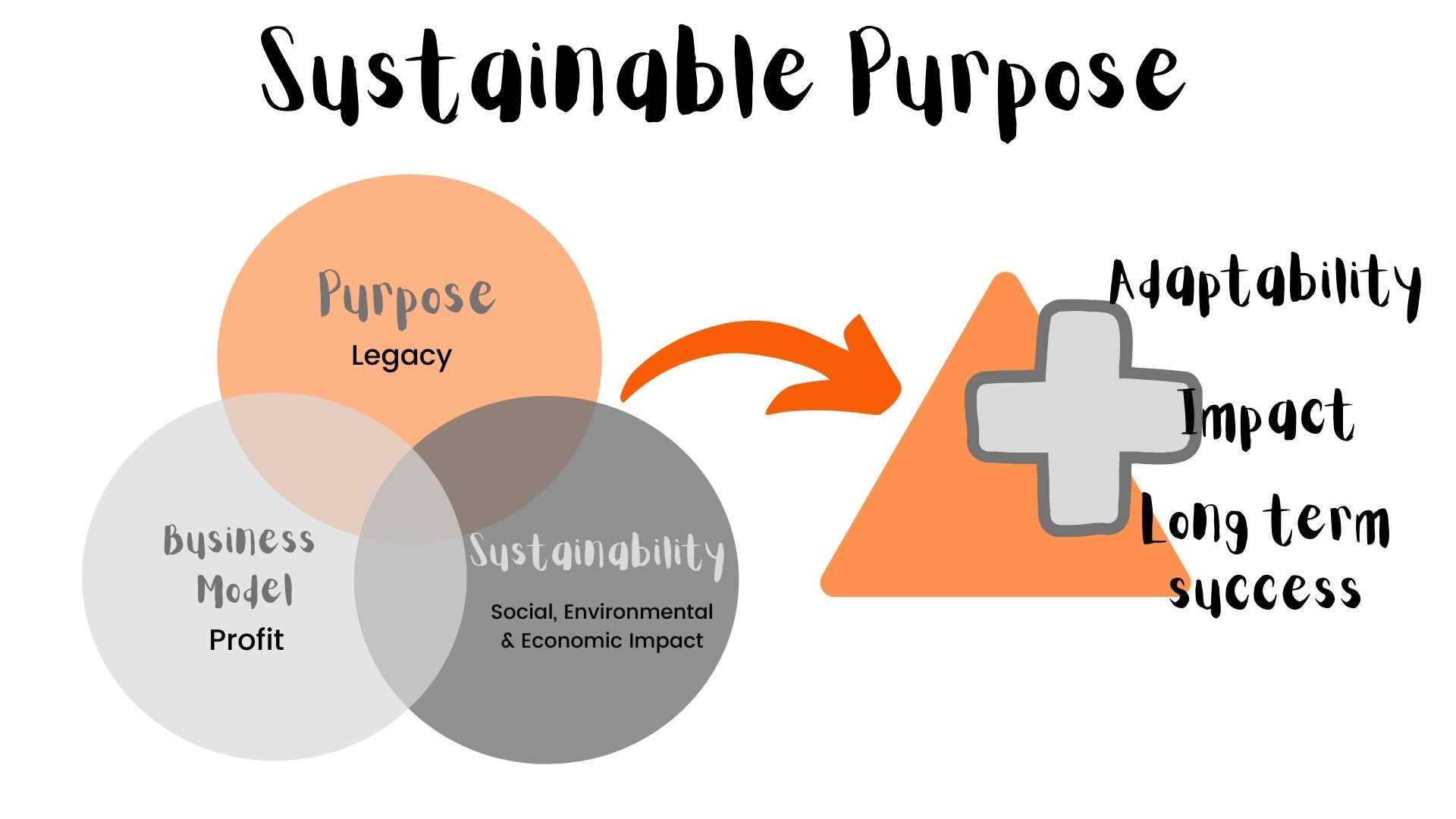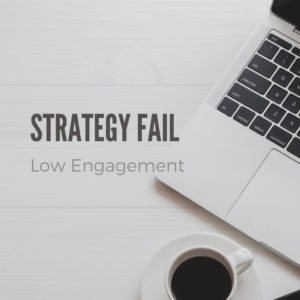- Posted on
- By cocreativs
- In Co-creation
Purpose, sustainability, and value. The long term formula
Purpose enables organisations to achieve higher rates of longevity and authenticity. During 2019, 55% of the consumers surveyed by Deloitte agreed that, even though price and quality are the main drivers for decision-making when buying a product/service, companies should act according to a purpose and the issues related to it. Firms that fail to do so, have higher risk of being displaced by purpose-driven disruptors. The main reasons behind are that purpose-driven companies easily develop higher relevance into people’s lives and continuous loyalty with their clients. Also, firms that are directed by a higher purpose can easily transform and innovate as they keep within the boundaries of their values and purpose, while companies that are focused on products or services find their field of transformation more limited, which makes their run more challenging over time.
Considering all the above, we could define a purpose-driven organisation as:
“A company that works towards and stands for something beyond its profit, products, or services; a company wanting to make a difference and work for the people, the world and the environment – to leave a legacy behind.”
As mentioned above, these companies look to create more greater impact than profit, and that’s why some of them have decided to implement sustainability within their purposes. They are usually called triple impact companies, because they seek to generate transformation and impact by guiding their activities within the framework of 3 basic pillars: economic, social, and environmental. These organizations find their motivation in the profound social instability and environmental risks that the planet is currently experiencing, which affect the economy, societies and the viability of businesses. They are also guided by the global challenges addressed by the UN’s Sustainable Development Goals.
Sustainability is managing to meet current needs without affecting the resources that we will need in the future. Through it, the coexistence between the different social actors and the planet is achieved, so that it is safe to live, and consequently there is still opportunity of business continuity.
Developing a sustainable purpose is a significant and enduring reason for the existence of a business that meets market needs and benefits society, in a way that is harmonious with the communities and natural resources on which it depends. This allows a generation of value through the business model and in turn allows building a sustainable future.

A sustainable purpose is achieved by recognizing the capacity and responsibility that organizations have as agents of social change and making use of that potential to materialize people’s desire to improve their own and others ’wellbeing. Some clear advantages for business are:
- Generates a differentiation in the business model and leverage performance.
- Increases the trust and loyalty of different stakeholders, mainly customers.
- A purpose to feel identified with, is the best strategy to attract the ideal human talent for the company and keep them motivated.
In conclusion, having a sustainable purpose allows not only to serve through that higher calling and harmonious relationship with stakeholders and the planet, but also, regardless of the changing dynamics of the market, it will give any business the necessary adaptability to increase the chances of long-term success.





